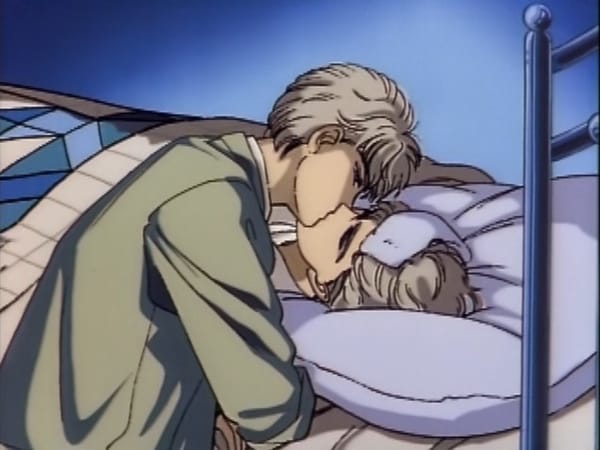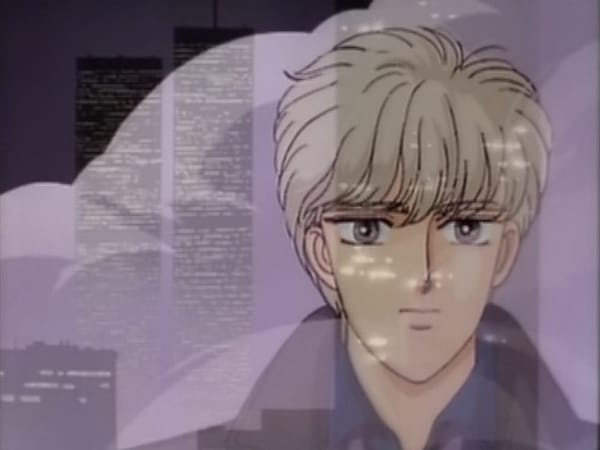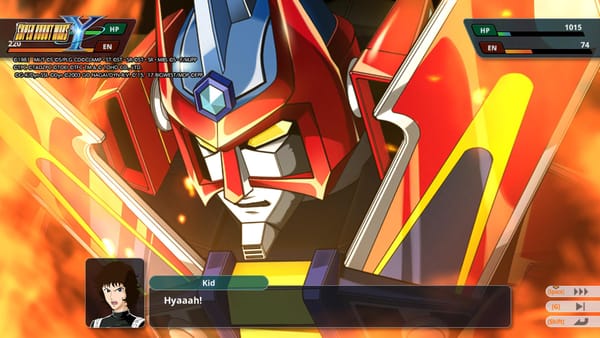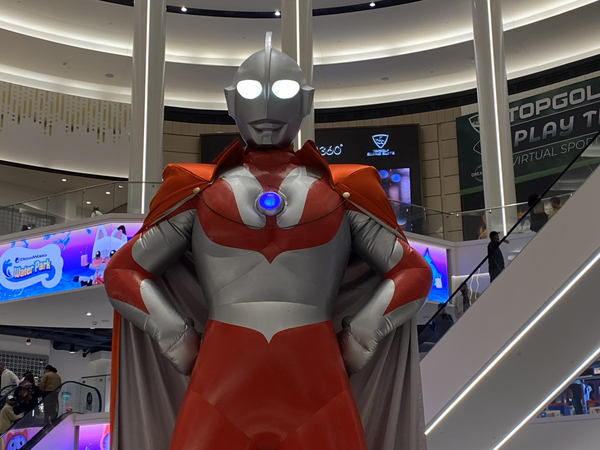Shin Ultraman is Shinji Higuchi and Hideaki Anno's loving tribute to their big silver buddy
Listen, if I don't type that name, nobody clicks this article.
As of right now, I’m one of very few Americans who’ve actually seen Shinji Higuchi and Hideaki Anno’s Shin Ultraman, at one of two New York Asian Film Fest showings. Other English speakers will probably not see the film until much later, so I want to be as sure as I can that I don’t unnecessarily spoil too many details for people. There are quite a few big surprises in this movie for Ultra fans!
However, I can’t really talk about the film without talking about where the story goes and revealing what jokes I liked, so please be aware that if you want to go into Shin Ultraman with absolutely no knowledge of what’s going to happen, please skip this review.
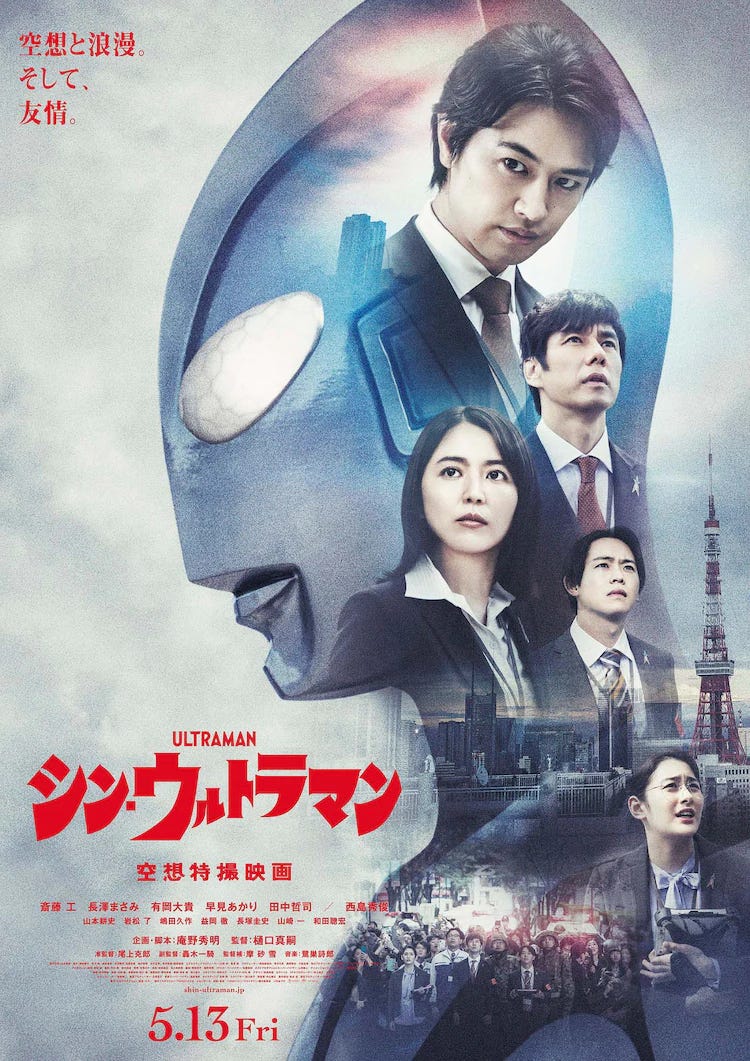
Over the last decade, Shinji Higuchi and Hideaki Anno have been working on a neo-classical remake project of the Japanese superhero canon. The series was kicked off with 2016’s Shin Godzilla, which imagines a Godzilla attack on modern-day Japan in the wake of the 2011 disasters. The film is half kaiju spectacle and half office farce, with the Japanese bureaucracy as the lead clown crew.
That sets the general mood for this year’s Shin Ultraman as well. Though it is uncompromising about the fantasy elements of the character, Shin Ultraman cuts away children’s TV camp and aims firmly at a modern adult audience.
Now when I say this, I’m not talking about “mature content” like sex and violence, or dark turns in the story.1 I mean that it places Ultraman into something like the world we actually live in.
Shin Ultraman makes itself relatable by showing us the likely real-world fallout of its fantastical events, from the challenge to the world order inherent to the appearance of a giant all-powerful alien man to the social phenomenon of that man winding up on TikTok.
Wry bits of humor (according to Higuchi, the one-liners are all Anno) ingratiate the character to an audience that might not have the reverence that the directors do. Where do the crazy Ultra and Kaiju names come from? A single capricious bureaucrat. Is Ultraman wearing a suit or is that his body, and why are there visible vinyl wrinkles? Well, okay, that one never gets solved, but they do make the joke.
But as I said, the love for the character is apparent. If anything, Shin Ultraman is more reverent, even more of a tribute film, than Shin Godzilla.
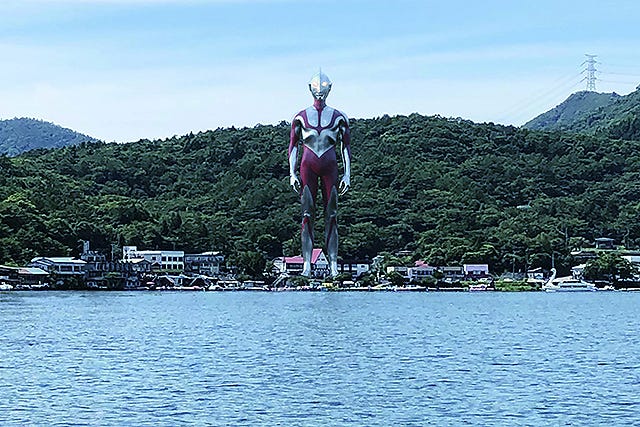
The character has been realized in CG this time, but you forget that fact right away. Painstaking effort has been made to match the aesthetic of the beautifully shot, hand-crafted man-in-suit battles of the original TV shows. The new lanky Ultraman, modeled from his original actor Bin Furuya and motion captured with obsessive detail to that performance (at least in part by Hideaki Anno himself), feels physically present for every moment of his on-screen appearance despite being animated.
When you’re talking about a giant man throwing a monster into a cliffside, physical impact is important.
Not that the humans on the ground below are forgotten among the giants. As in the original series, the real main characters are the team of scientists and intelligence agents doing their best to manage the crises together. Shin Ultraman’s modern equivalent of the Science Patrol is a likable bunch— gruff boss, mysterious protagonist, nerdy scientists.

But the star of the movie feels like the new hire Asami, a sassy agent who all the weird stuff happens to and who we as the viewers are clearly meant to be in love with.2 She’s not on the level of the goofy English-speaking agent in Shin Godzilla, but there’s something that feels very outsized and cartoonish about her.3 Her extended introduction, in which her face is not shown until she finally takes her seat at her desk, is what we call “full anime”, buddy.
Rather than a single long Ultraman story, Shin Ultraman feels like a series of loosely related, escalating adventures with the character. In fact, plain old kaiju actually disappear from the narrative sooner than you’d expect, as Higuchi and Anno gradually move the story towards the other aliens that inhabit Ultraman’s universe.
But alas, from there we start to move into genuine spoiler territory. Despite the actual superhero onscreen, the message presented by Shin Ultraman is quite similar to that of Shin Godzilla: in the face of challenges bigger than we can comprehend, you may not be able to do it yourself, but we can do it, together, if we try.
The hero’s true purpose is to inspire, and it is all of us who the hero is trying to spur to greatness.
It’s simple stuff, but that’s what Ultraman is about. Simple stuff, like making a sacrifice to save someone, like fighting when you know you’ll lose. Shin Ultraman simply reminds you, as an adult, that the simple stuff is profound. Higuchi and Anno have all the fun that they can imagine with this character, but in the end they’re concerned with what he’s about, and what his powerful image can do for ordinary people today.
After the movie I was interviewed by NYAFF for Instagram. I can’t watch myself on camera, and it might be a spoiler, but I remember telling them about this moment at the end of the movie where my child brain turned on and really, sincerely said:
Oh no! Is Ultraman gonna die?
And for a moment I felt real dread and hope for my hero.
Personally, I think the single most significant thing that Shin Ultraman was able to do was to take my mind to that place. I was awed. My sincere thanks to everybody involved, and I can’t wait for Shin Kamen Rider in a couple years.
Garo’s over that way. I don’t even know what seasons are good anymore. ↩
I was at times reminded of Akiko, the audience’s designated big-sis crush in the original Ultraman. ↩
Is it the way she says ‘buddy’ in English? More than anything that scene made me think of the “buddy” scene from the first episode of Darkplace. Once you’ve heard Matt Berry deliver a word with weirdly placed emphasis, you’ll never hear that word the same way. ↩
